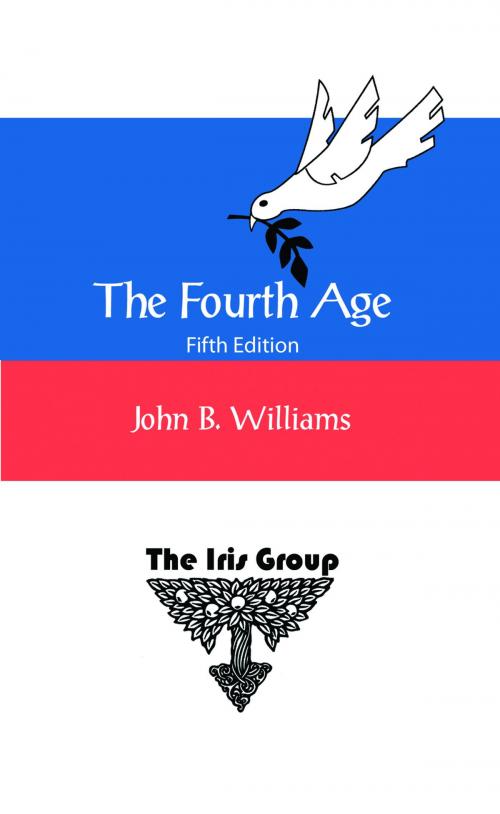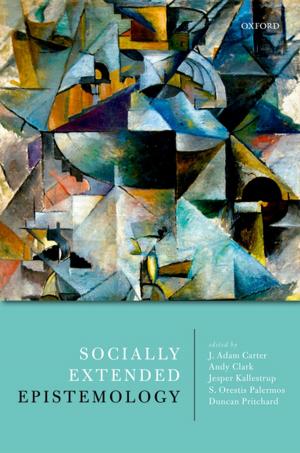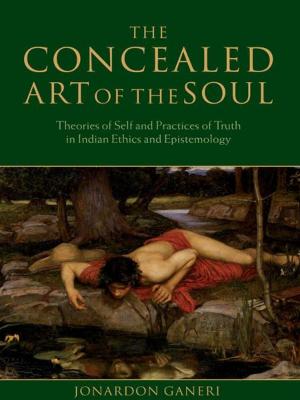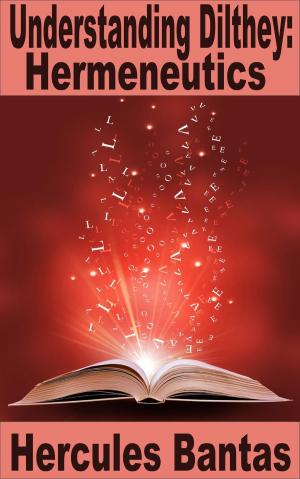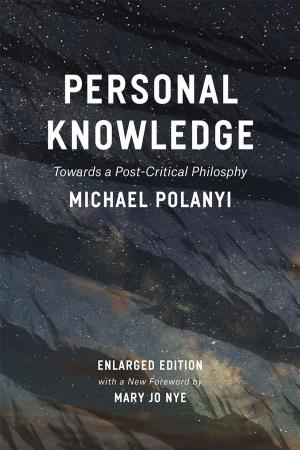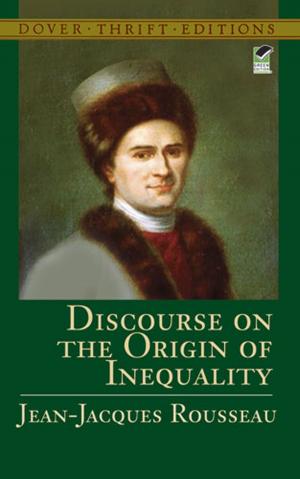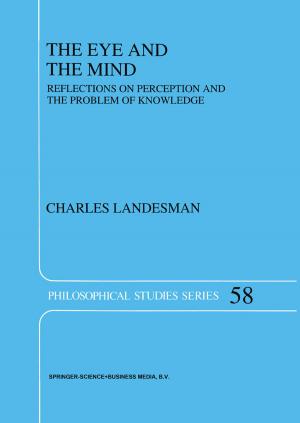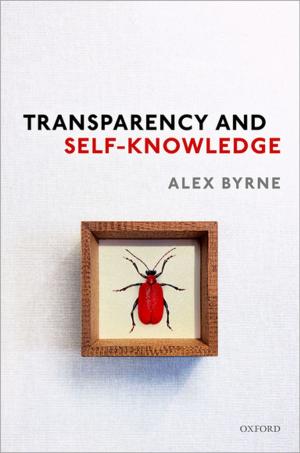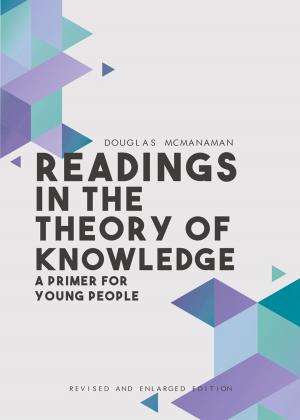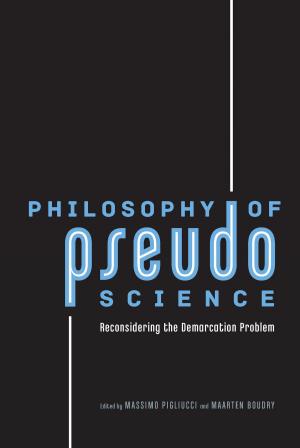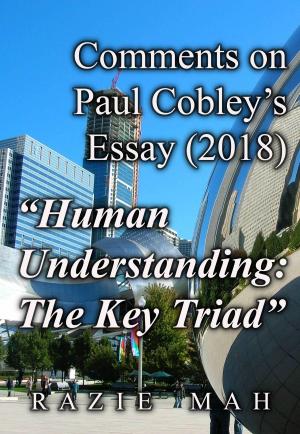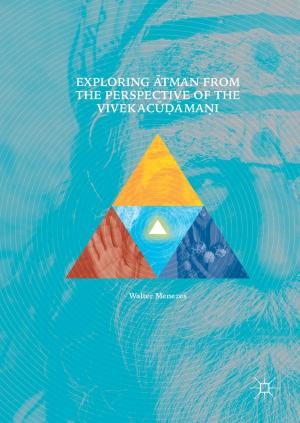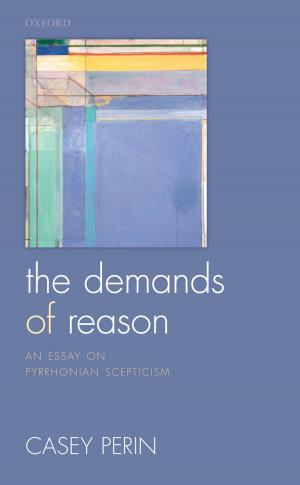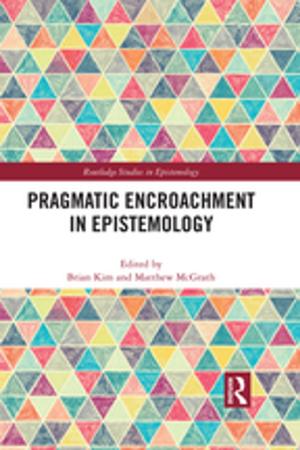| Author: | John B Williams | ISBN: | 9780971892910 |
| Publisher: | The Iris Group | Publication: | June 1, 2012 |
| Imprint: | The Iris Group | Language: | English |
| Author: | John B Williams |
| ISBN: | 9780971892910 |
| Publisher: | The Iris Group |
| Publication: | June 1, 2012 |
| Imprint: | The Iris Group |
| Language: | English |
Peace is advanced as a condition to be desired, yet human social orders around the world are structured in a way that peace is nearly impossible to achieve within them. The Fourth Age proposes that we can move beyond the short-term, localized periods of peace seen in the Civilized Age and advance toward a period of universal and perpetual peace. This book establishes a philosophy of life and a system of morality that have the potential to eliminate conflict at its source, but only in those associations of men that commit to the philosophy and that embrace the moral code. The book promotes principles of social interaction that flow from our humanness that will allow us to move away from faulty social paradigms of civilized cultures and advance toward an Age of Humanity. It draws upon archaeological and historical data to show how world conflict came to permeate the civilized era, and it shows how conflict can be made to subside.
Peace is advanced as a condition to be desired, yet human social orders around the world are structured in a way that peace is nearly impossible to achieve within them. The Fourth Age proposes that we can move beyond the short-term, localized periods of peace seen in the Civilized Age and advance toward a period of universal and perpetual peace. This book establishes a philosophy of life and a system of morality that have the potential to eliminate conflict at its source, but only in those associations of men that commit to the philosophy and that embrace the moral code. The book promotes principles of social interaction that flow from our humanness that will allow us to move away from faulty social paradigms of civilized cultures and advance toward an Age of Humanity. It draws upon archaeological and historical data to show how world conflict came to permeate the civilized era, and it shows how conflict can be made to subside.
